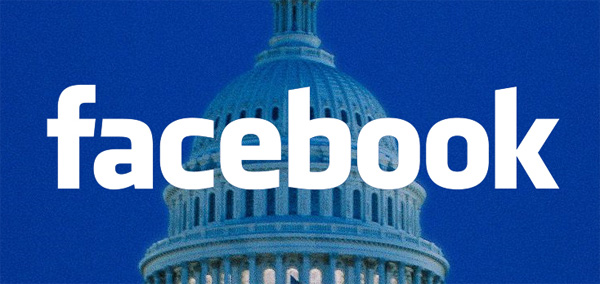As Steven Schultz noted on the FRS 101 Facebook page, a recent study published last week in the journal Nature concluded that a Facebook message urging users to “Get Out the Vote” resulted in increased voter participation on Election Day 2010. On the day of congressional elections, most Facebook users were greeted with a message informing them that it was Election Day and providing them with information on local polling sites. It also displayed an “I Voted” button along with a count of how many total users had voted as well as images of Facebook friends who had already voted.
As part of the study, two random control groups failed to receive the message either in full or in part. The researchers examined public voting records and concluded that, among those who did receive the message, displaying images of friends or friends of friends who had voted resulted in 340,000 additional votes.
The subject of this study alone is not groundbreaking. Facebook getting involved in politics is hardly new. Congress has long been in the game and even organizes contests around social media; this year, Republicans in the House of Representatives held their third annual New Media Contest. In that competition, members of the house face off in brackets to battle for increased Facebook “likes,” Twitter followers, and YouTube video views for the win. Similarly, social media played a major role in pressuring advertisers and politicians to distance themselves from Rush Limbaugh in February when he referred to congressional witness Sandra Fluke as a “slut” and a “prostitute.”
But at the heart of this study is an idea that is crucial to examining the intersection of Facebook and society – the notion that information relayed on Facebook can cause people to take physical action in society at large. For when politicians compete against each other for new media prowess, they compete for “likes” and views – things that individuals can deliver without leaving their homes or closing their laptops. Real societal change comes when citizens receive the Facebook update but then leave their virtual worlds, and proceed to Tahrir Square to demonstrate a commitment to a cause. The people who received the “Get Out the Vote” message on Facebook had to log off and make their way to a polling booth to actually register their votes. This study suggests that Americans are capable of getting in the game for real- of receiving information on Facebook, and then acting on it in the flesh.
Image (http://dawgfarts.com/wp-content/uploads/2011/04/Facebook Washington.jpg)
